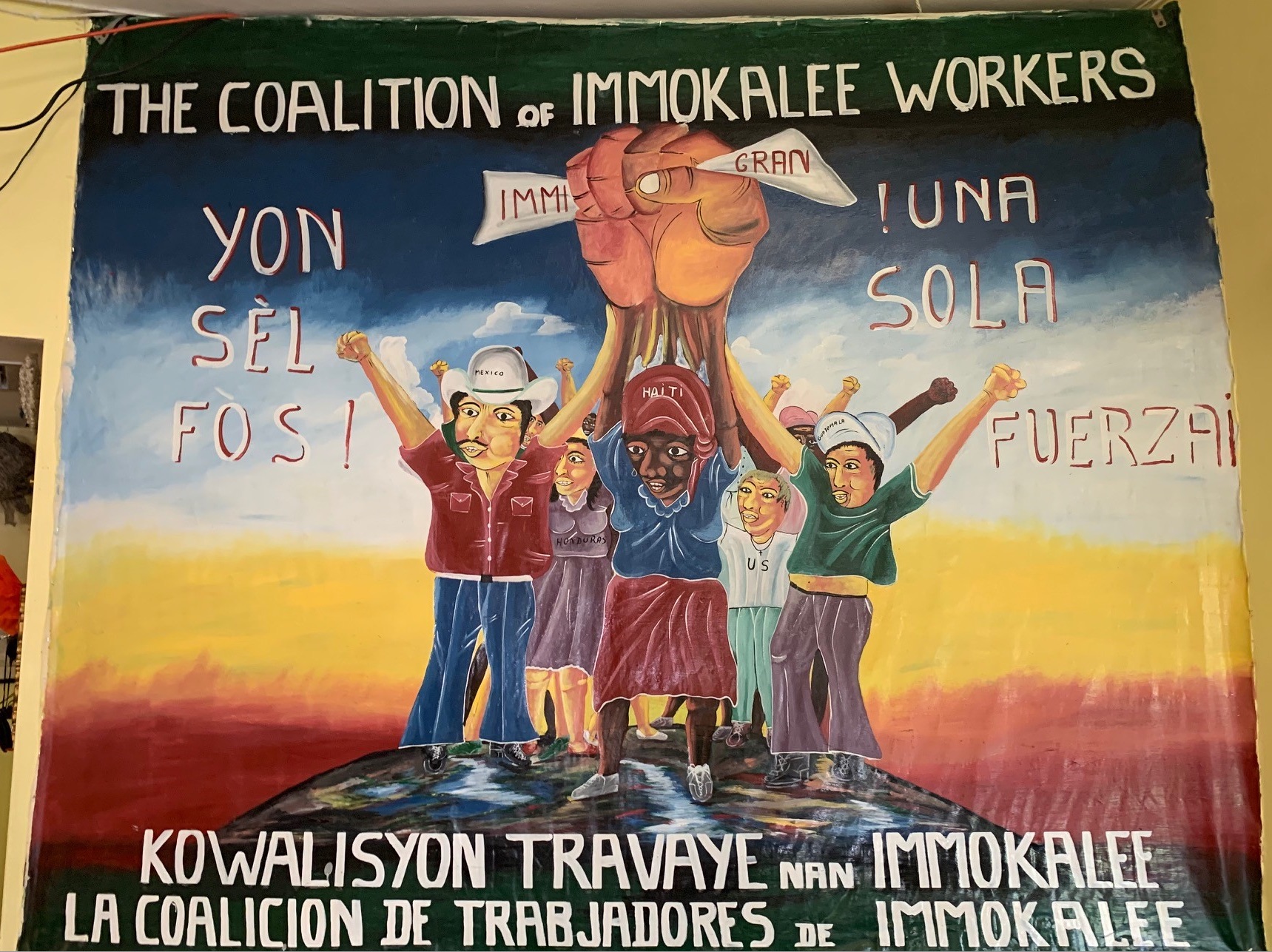
In our modern industrial food system, many, if not most American consumers are completely disconnected from where they get their food. Produce and fresh food simply appear in the grocery store year-round, usually regardless of the season or how many miles it traveled to end up there. I, like most of us, have become very used to this system and I have learned not to question it. Yet, we all know that food does not grow itself and when we think more critically about why we can eat fresh bananas in December or juicy red tomatoes in January, the perfect picture of a well-stocked grocery store becomes a little blurred. Anyone who has ever tried to grow any kind of edible plant can probably tell you that it is not easy and that there is a significant amount of time and effort invested in keeping it alive and healthy. And yet, although we all logically know that producing food takes an immense amount of work, especially at an industrial scale, we rarely talk about or acknowledge those who do it. So, who does it?
Well, it is an open secret that the vast majority of farmworkers are undocumented immigrants and leaders in the agriculture industry estimate that close to 75 percent of all farmworkers in the United States are undocumented. Their undocumented status allows for rampant exploitation because workers are in constant fear of deportation. So, the lives of farmworkers tend to go unregulated and unnoticed as they grow food for the country. The town of Immokalee, Florida is a microcosm of this dynamic because the overwhelming majority of residents are farmworkers who work in the nearby tomato fields. However, something that sets Immokalee apart is the story of how its farmworker population came together to combat the exploitation they were facing and advocate for their rights and safety. In the face of so many obstacles, they have seen great success. You can hear the rest of this story now by listening to my podcast on the Coalition of Immokalee Workers.